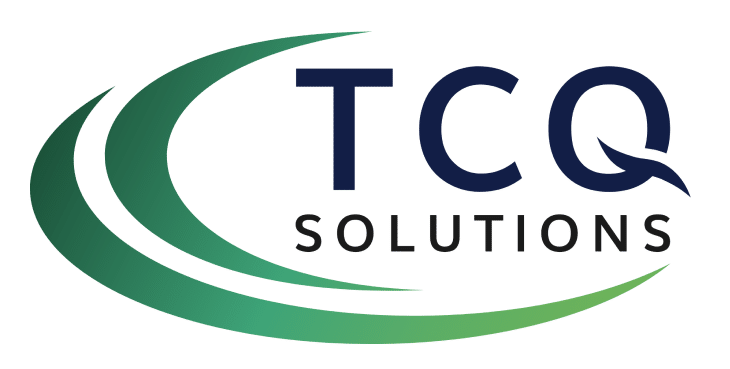
Types of Buyers Overview

Review of Different Types of Acquirers for Businesses with Revenue of $5-50M
Acquiring a business with revenues between $5million and $50 million attracts a diverse range of buyers, each with unique motivations, advantages, and challenges. The primary types of acquirers include private equity firms, employee buyouts, independent individuals, and strategic buyers. Understanding these different types of acquiring can help business owners make informed decisions about potential buyers and their future paths.